Peoples, Betsy. “Spreading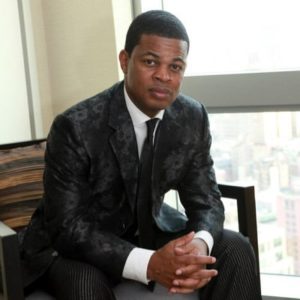 the Gospel: Darin Atwater Puts a New Spin on Preserving Generations of Negro Spirituals.” Emerge 11, no. 4 (2000): 76–78, 80, 82.
the Gospel: Darin Atwater Puts a New Spin on Preserving Generations of Negro Spirituals.” Emerge 11, no. 4 (2000): 76–78, 80, 82.
Profiles composer and pianist Darin Atwater and tells of his campaign to preserve African American spirituals by reintroducing them to a “new generation of people.” Suggests that Atwater has taken a “contemporary approach to preserving [the] songs,” which includes improvisation, rhythmic complexity, and call and response. Atwater has arranged and composed for such musicians as Stevie Wonder, Yolanda Adams, and Kathleen Battle. Includes several photographs of the musician. (Publisher’s abstract, revised)
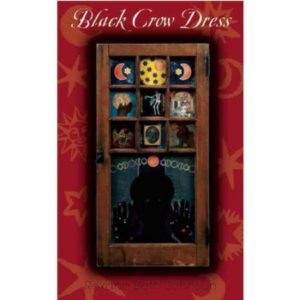 ne Beth. Black Crow Dress. Farmington, ME: Alice James Books, 2013.
ne Beth. Black Crow Dress. Farmington, ME: Alice James Books, 2013.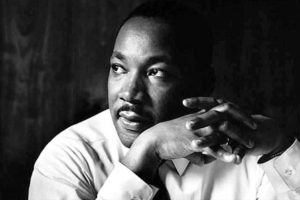 –70.
–70.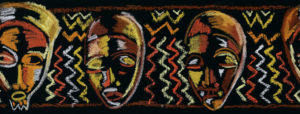 Maultsby, Portia K. “Africanisms Retained in the Spiritual Tradition.” In International Musicological Society, Report of the Twelfth Congress, Berkeley 1977, edited by Daniel Heartz and Bonnie C. Wade, 75–82. Kassel: Barenreiter, 1981.
Maultsby, Portia K. “Africanisms Retained in the Spiritual Tradition.” In International Musicological Society, Report of the Twelfth Congress, Berkeley 1977, edited by Daniel Heartz and Bonnie C. Wade, 75–82. Kassel: Barenreiter, 1981.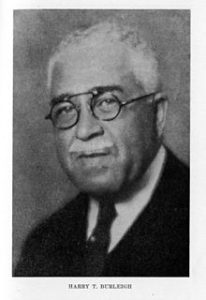 (1866–1949) and Some Suggestions for Their Use in Teaching Diction in Singing.” PhD diss., Indiana University, 1966.
(1866–1949) and Some Suggestions for Their Use in Teaching Diction in Singing.” PhD diss., Indiana University, 1966.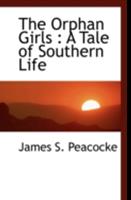 Anderson, Hilton. “Some Negro Slave Songs from an 1856 Novel.” Mississippi Folklore Register 8, no. 3 (1974): 221–26.
Anderson, Hilton. “Some Negro Slave Songs from an 1856 Novel.” Mississippi Folklore Register 8, no. 3 (1974): 221–26.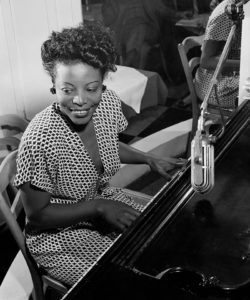 Music 8, no. 2 (1980): 195–214.
Music 8, no. 2 (1980): 195–214.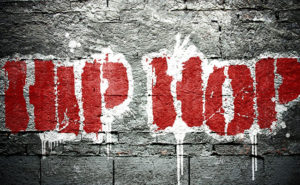
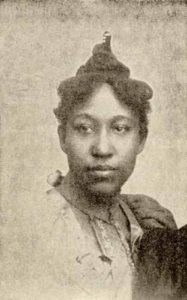 Schmalenberger, Sarah Carr Liggett. “The Washington Conservatory of Music and African-American Musical Experience, 1903–1941.” PhD diss., University of Minnesota, 2004.
Schmalenberger, Sarah Carr Liggett. “The Washington Conservatory of Music and African-American Musical Experience, 1903–1941.” PhD diss., University of Minnesota, 2004.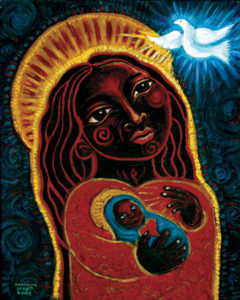 Duggan, Cheryl. Mary Had a Baby: A Bible Study Based on African American Spirituals. Nashville: Abingdon Press, 2003.
Duggan, Cheryl. Mary Had a Baby: A Bible Study Based on African American Spirituals. Nashville: Abingdon Press, 2003.